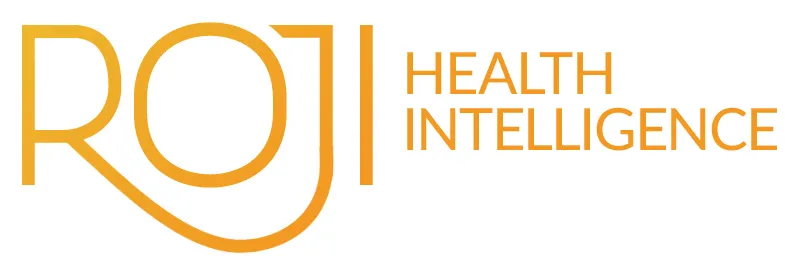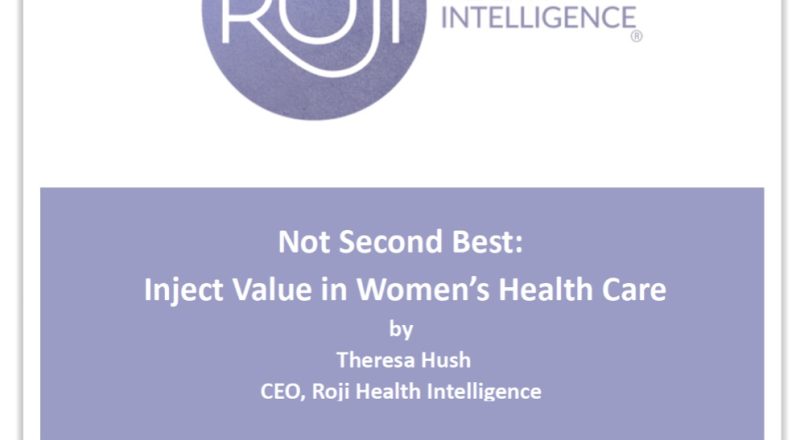Good medical practice depends on good clinical research. Without rigorous, replicable, reliable research findings, we cannot trust that our medical decisions are based on truth. To put it bluntly, flawed research leads to bad medicine. It’s essential that we get it right. In this series, I have argued for a more rigorous approach. The present […]
Five Actions ACOs Should Take Now: Takeaways from Proposed CMS Rulemaking
Last week CMS released a proposed rule addressing revisions in the Physician Fee Schedule (PFS) and the Quality Payment Program (QPP), along with a few other matters. Of 1,704 pages, only about 20 addressed ACOs issues directly. But ACOs should take a holistic approach to reading this proposed rule, as well as the proposed Outpatient […]
Risk Payment Models Will Fuel Growth of Equity-Backed Physician Practices
Risk payment models present a daunting challenge to the very cultural of medicine—for most physician practices. Physicians identify their practices as clinical enterprises more than businesses, although some have managed to achieve success solely by being excellent clinicians in their fields. Patients, however, are quick to see the flaws along with higher costs—hence complaints about […]
Can ACOs Survive the Complicated New Landscape in Medicare Risk?
What a difference a year makes. In Spring 2018, many Accountable Care Organizations (ACOs) pondered a walkout over Medicare plans that included downside risk in ACO financials. Nonetheless, CMS finalized its plans to make provider risk a reality for all ACOs in its Pathways to Success overhaul of the Medicare Shared Savings Program (MSSP). ACOs’ […]
How the Stock Market Models a Path to Better Research.
The better clinical research is, the better medical care will be. It is so crucial to the future of best medical care that I have highlighted deficiencies of the present conduct of randomized trials (RTs) in previous articles to suggest ways to improve. A system of better research must accommodate studies on any intervention aimed […]
Can Medicare Primary Care Risk Models Work in Today’s Practice Environment?
There’s now no doubt that Medicare is eager to move forward with Value-Based Health Care and risk-based reimbursement. CMS has rolled out major changes to make Accountable Care Organizations (ACOs) risk-bearing and add attractive benefits to capitated Medicare Advantage plans. Add to that two new classes of Primary Care Risk Models that introduce risk-based reimbursement […]
Follow the Pathway to PCP Success In Medicare Direct Contracting
Primary care physicians were sitting on the sidelines as Medicare developed financial risk models in various generations of ACOs. At best, they could only hope to participate in Medicare Advantage and/or join a larger ACO. But potential for financial gain was elusive when the physicians’ success depended on the actions of others to achieve savings. […]
Roji News Roundup: Industry Insights from CEO Theresa Hush
From women’s health care to the future of the Affordable Care Act, Roji Health Intelligence CEO Terry Hush has shared her insights with numerous industry publications in recent months. Here’s a sampling of current articles: Value-based arrangements in ASCs — 3 quotes from an industry CEO Becker’s ASC Review | June 11, 2019 Terry’s predictions, […]
Get the eBook “Not Second Best: Inject Value in Women’s Health Care”
Six months ago, I started writing about women’s health, in response to this simple question: What trends are emerging in health care for 2019? The New Year is filled with predictions about what is coming, and I thought this year’s list from health care leaders was too “last-year.” Artificial intelligence, medical science advancements in biologicals […]
Here’s One Way to Do Better Science
Clinical research with randomized trials (RTs), as opposed to basic or bench research, is the science of comparison. RTs ask a fundamental question: Is “x” better than “y”? They do more than observe how treatments work; they also require methods that control the research environment. Finding an independent contribution of one action over another demands […]










